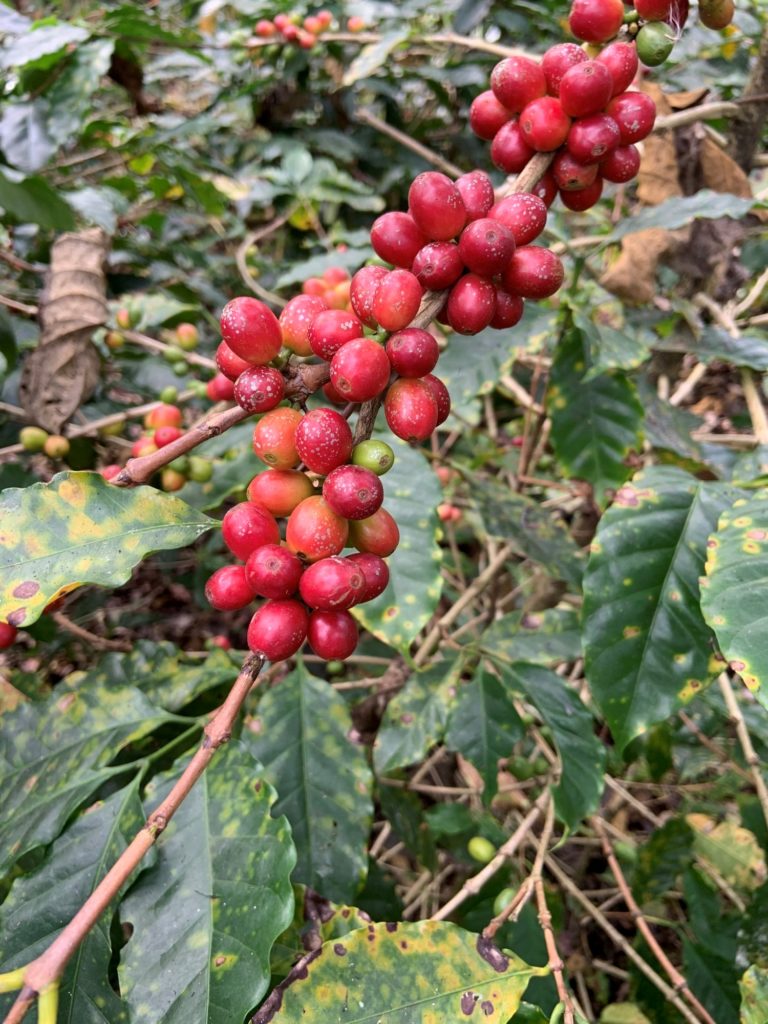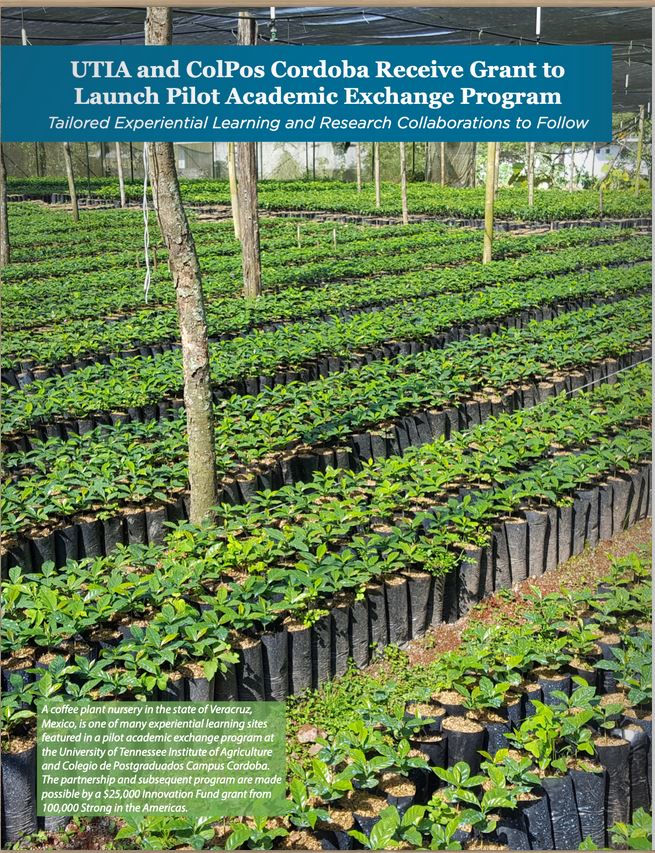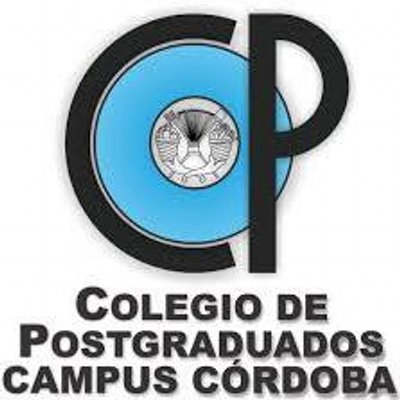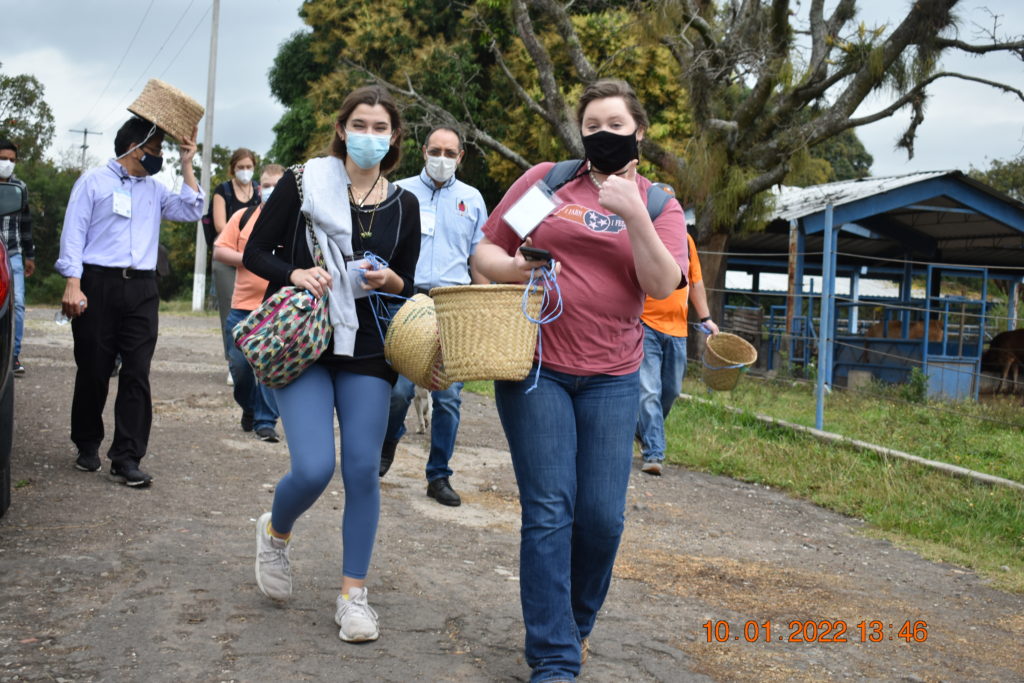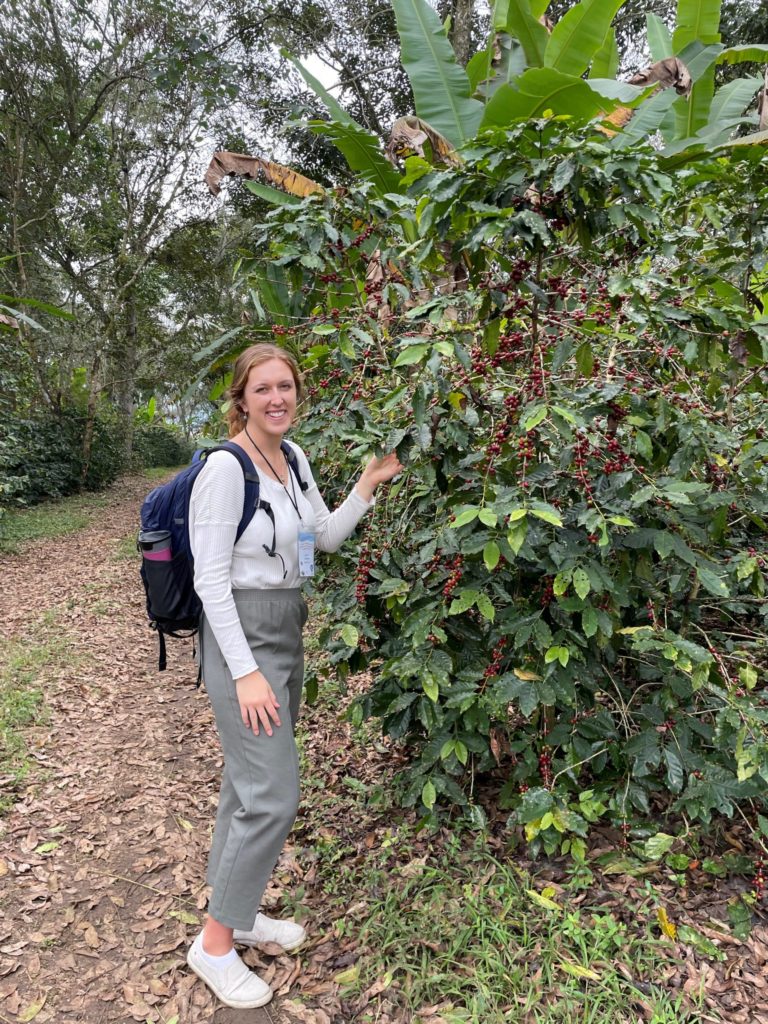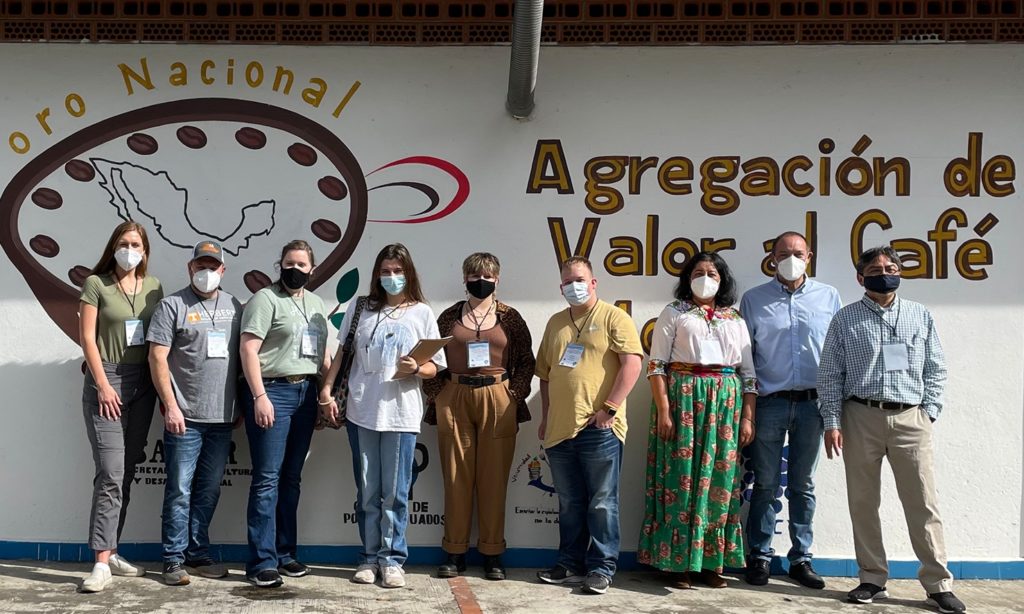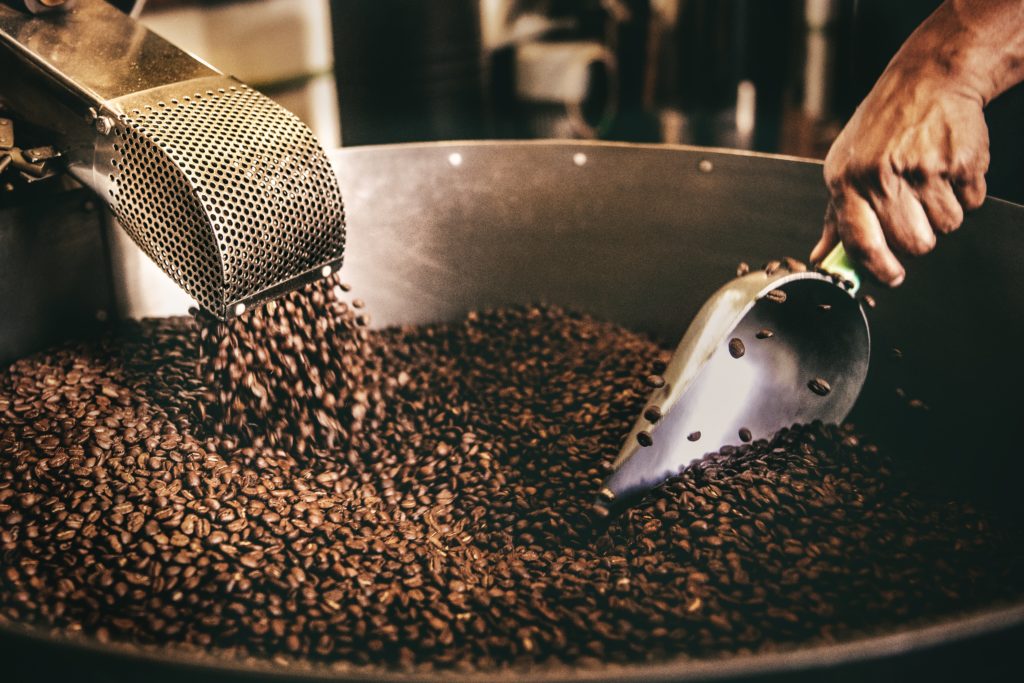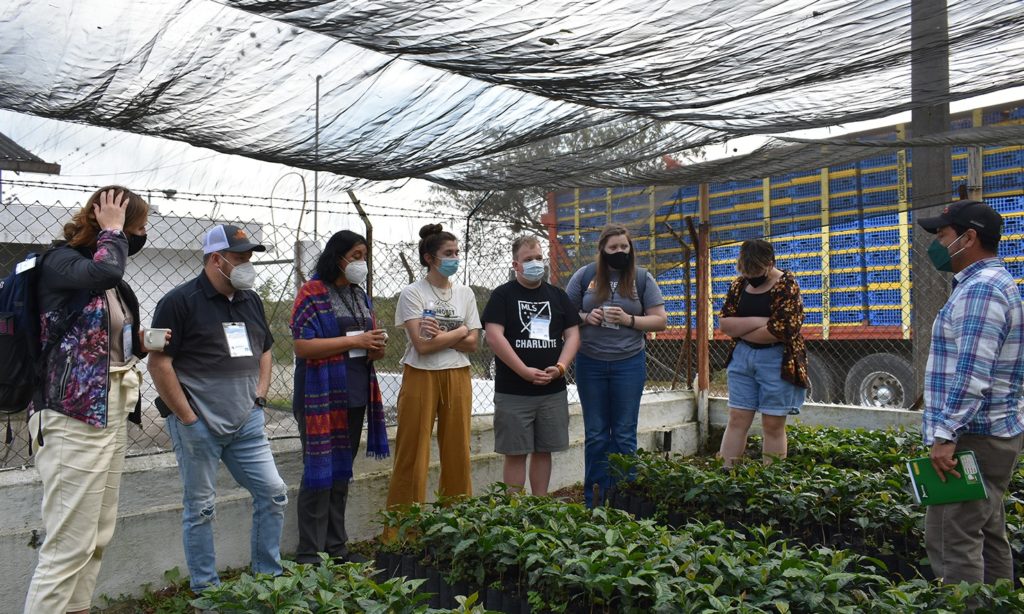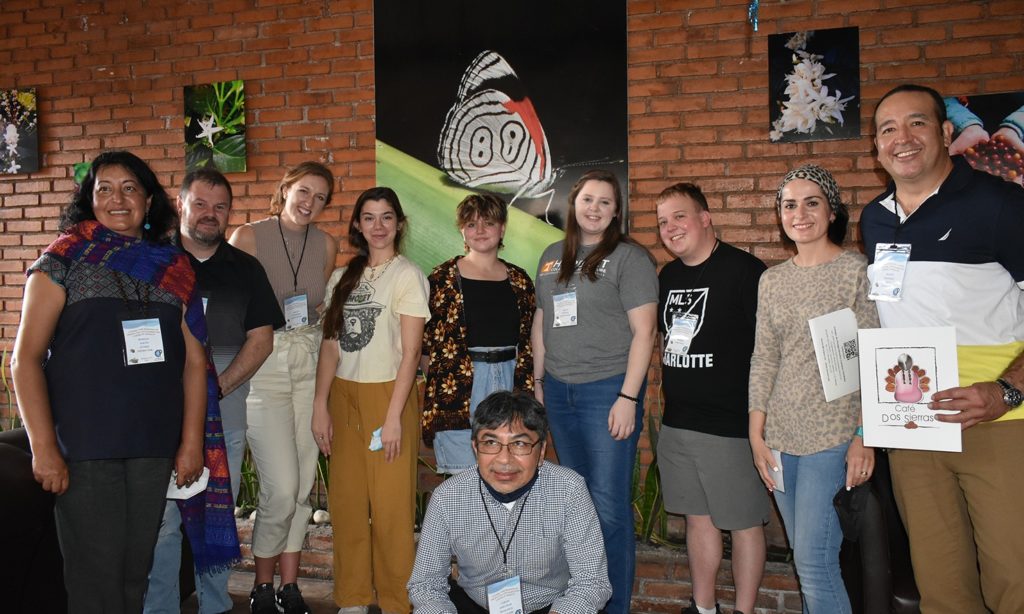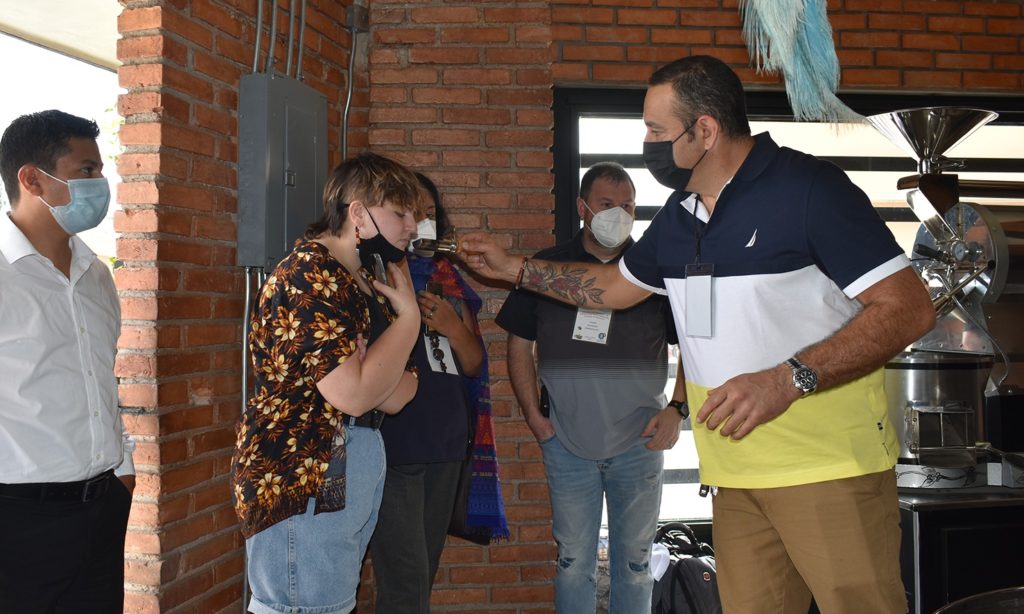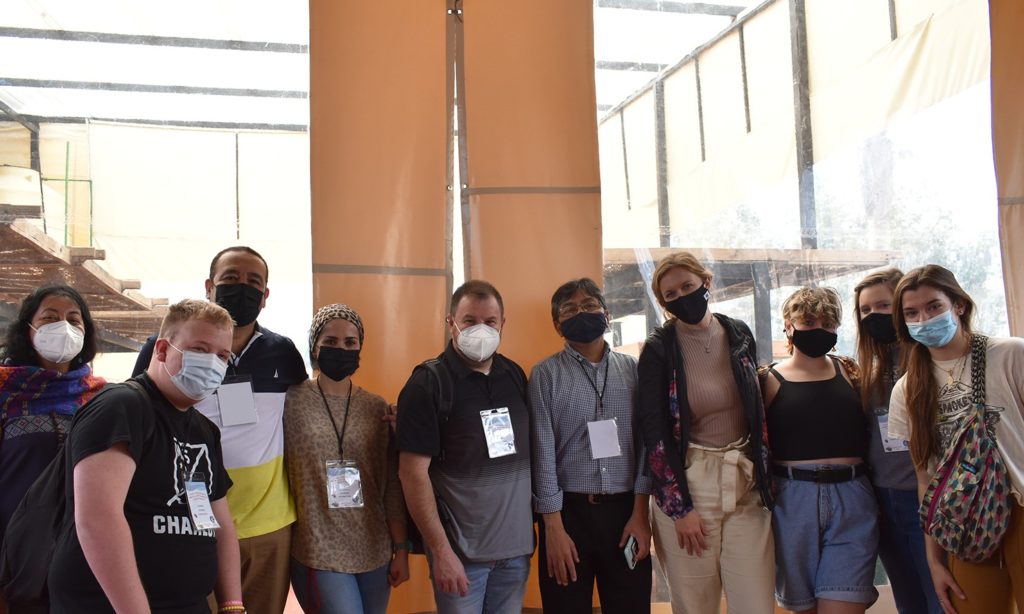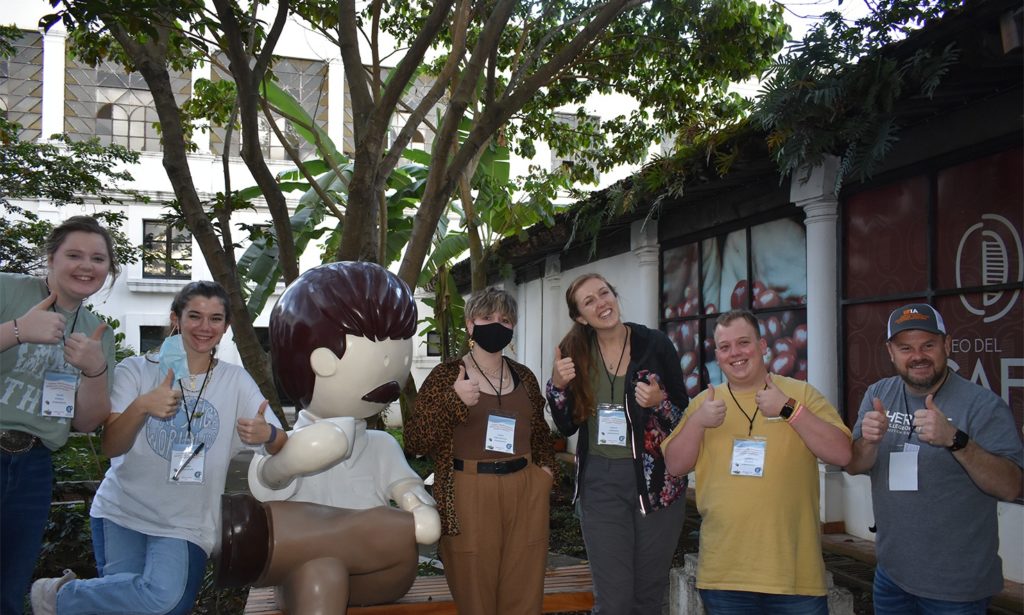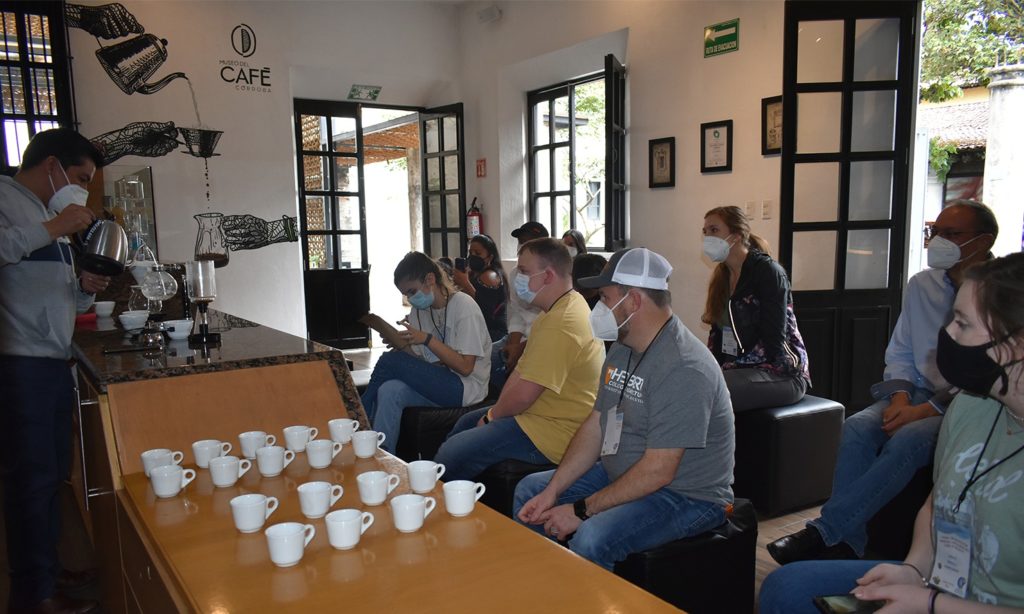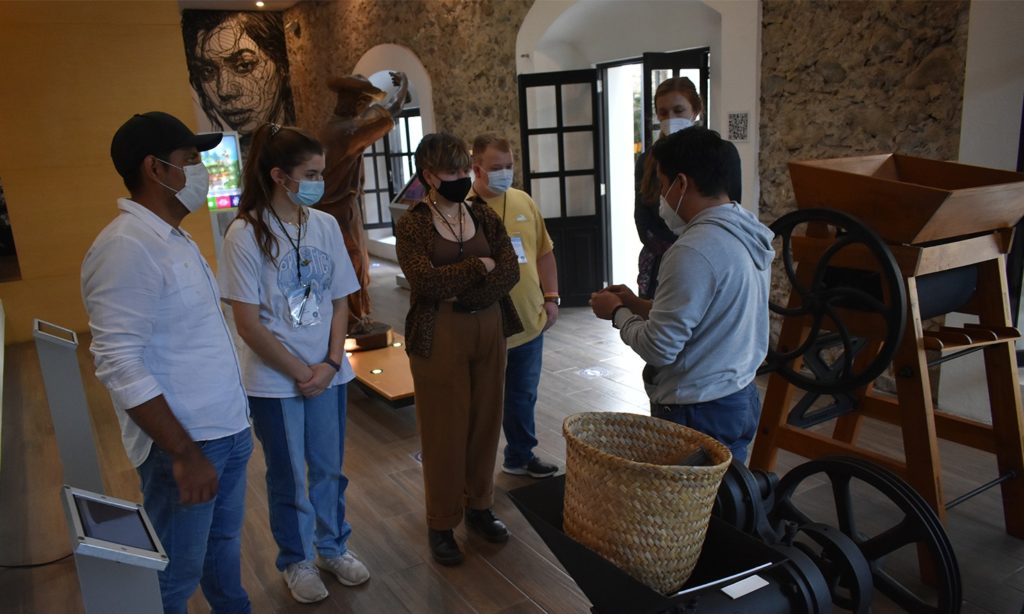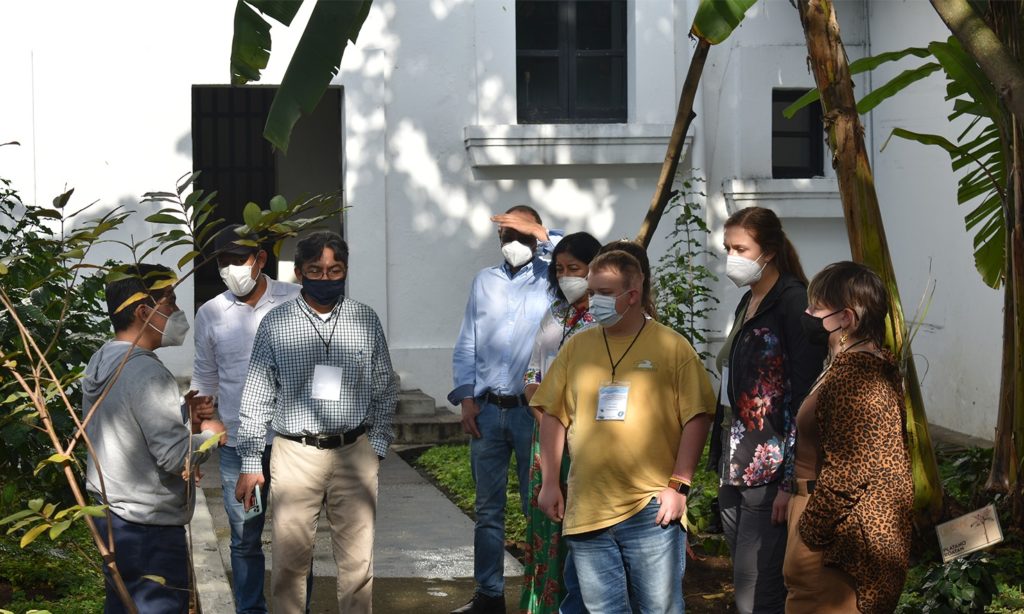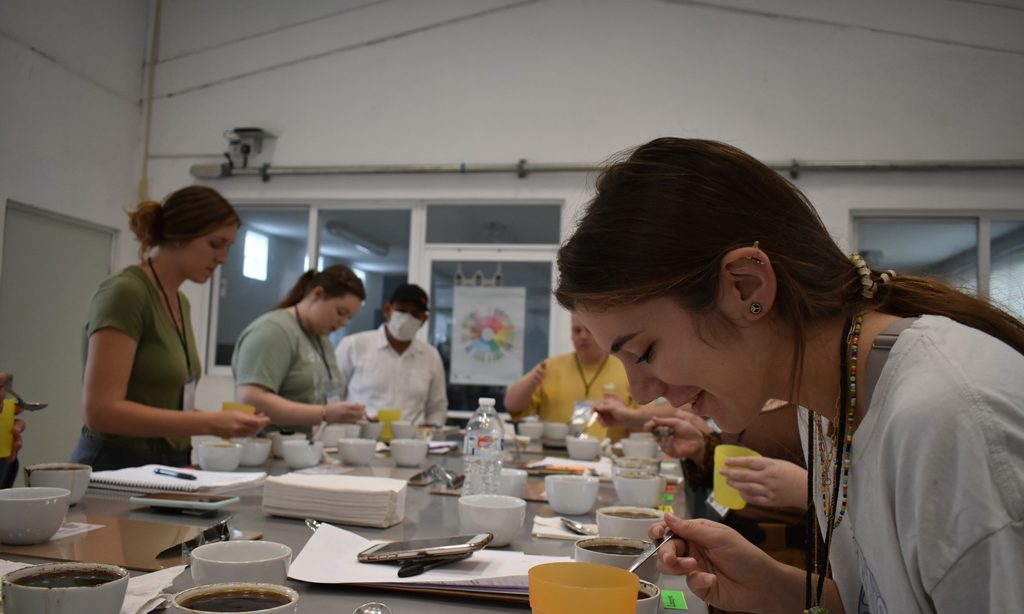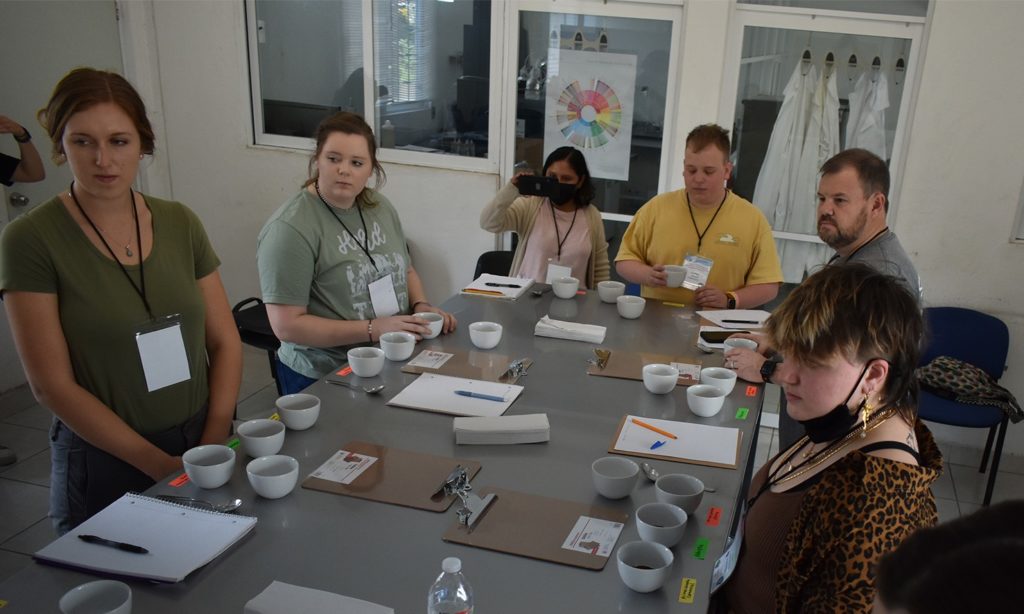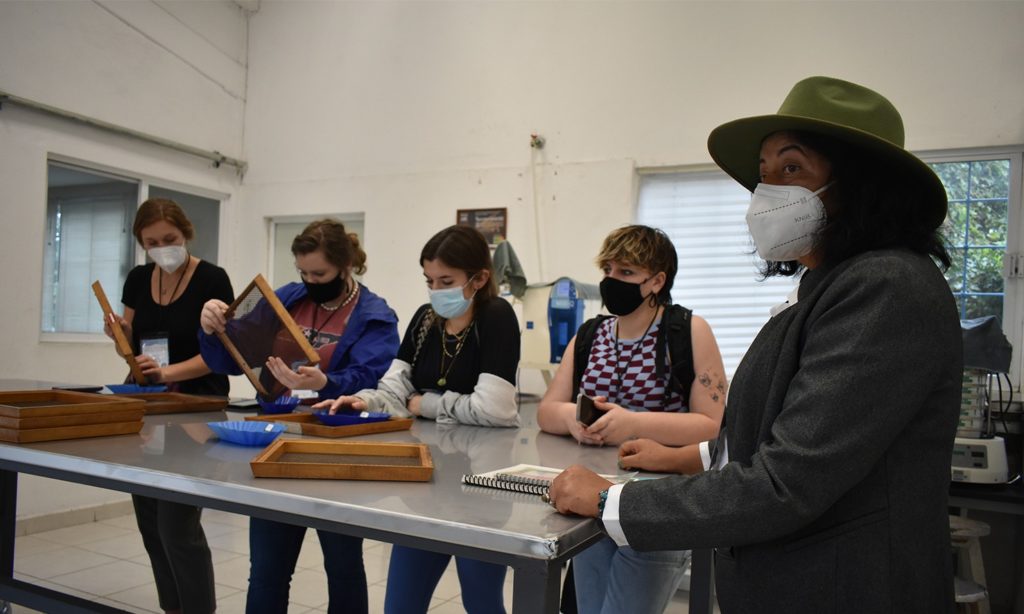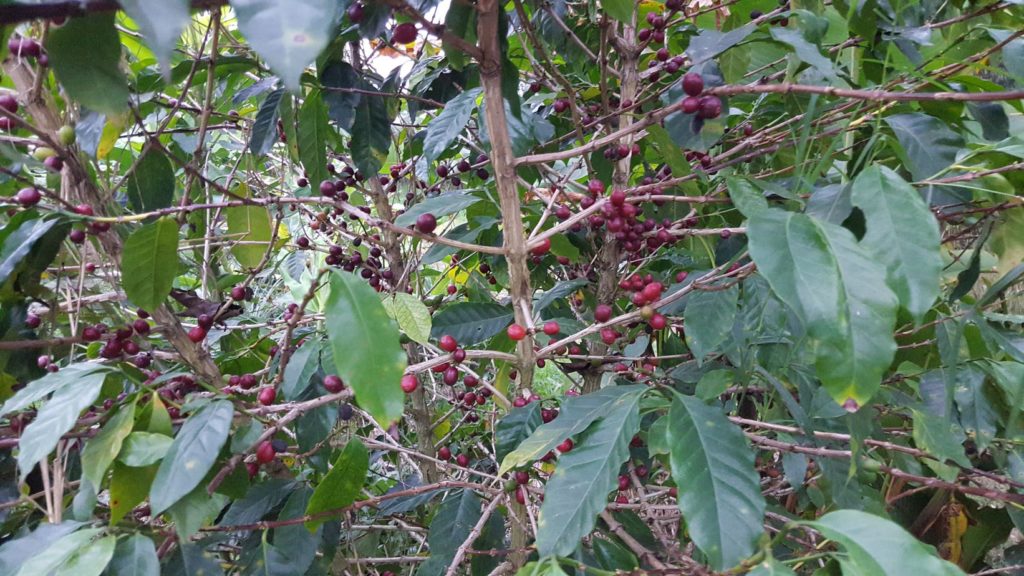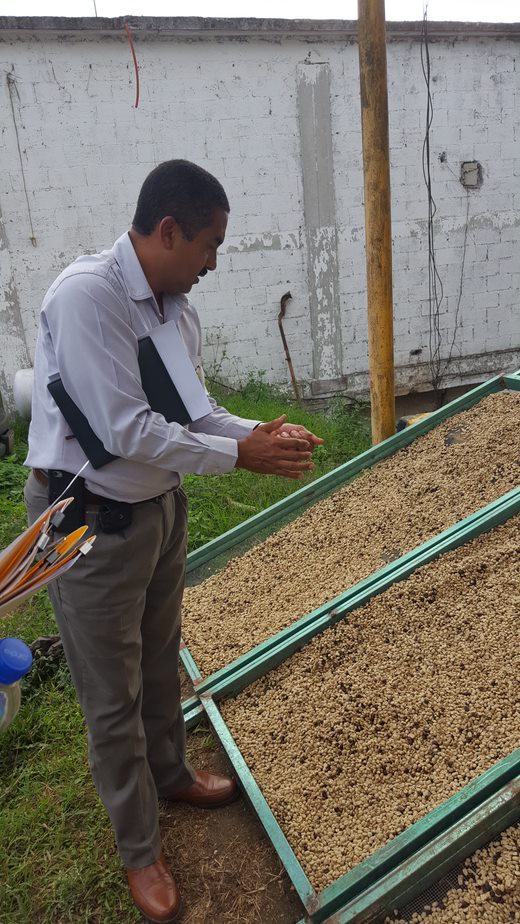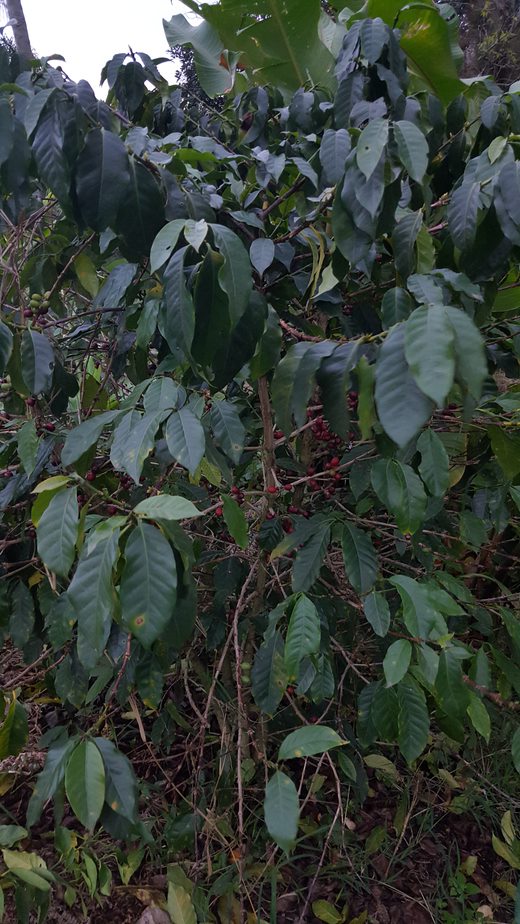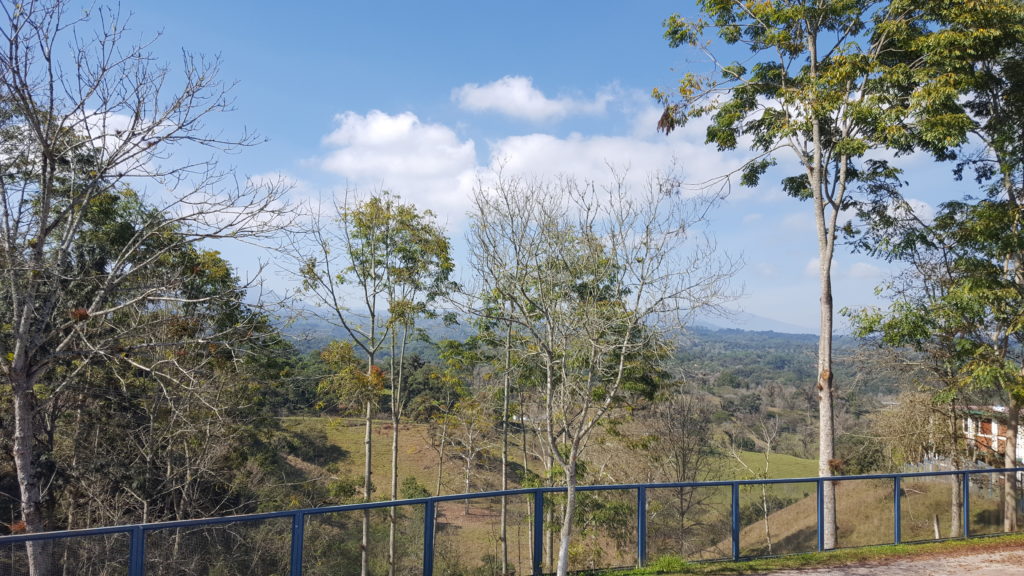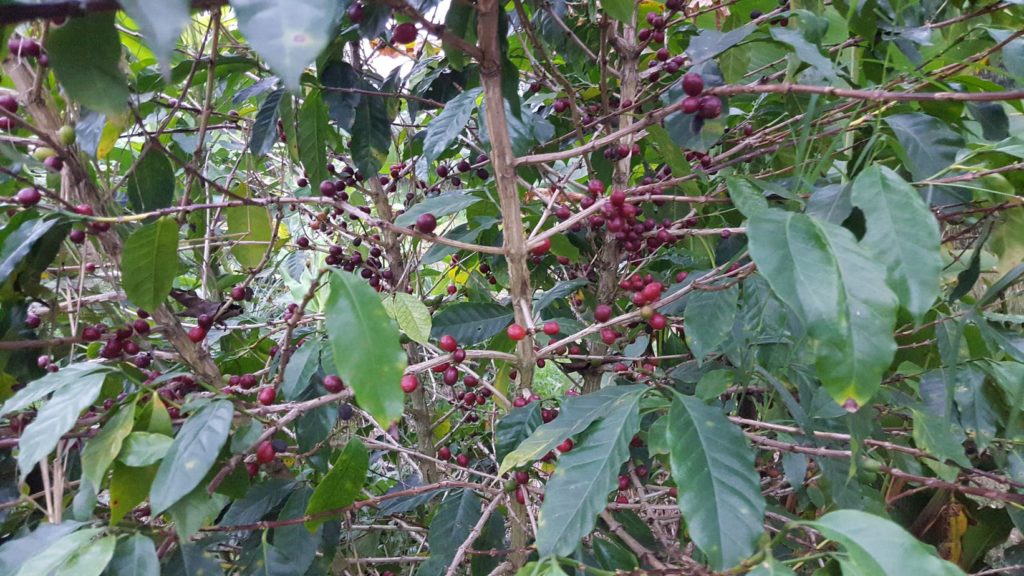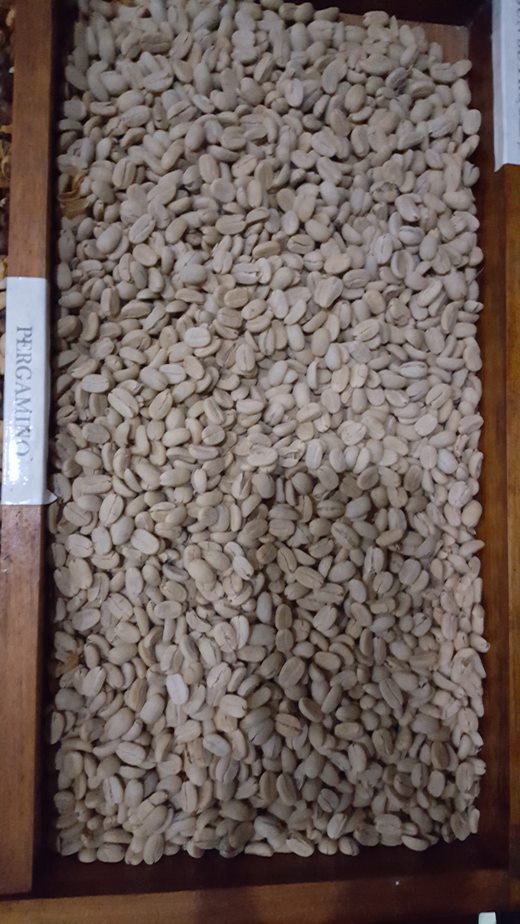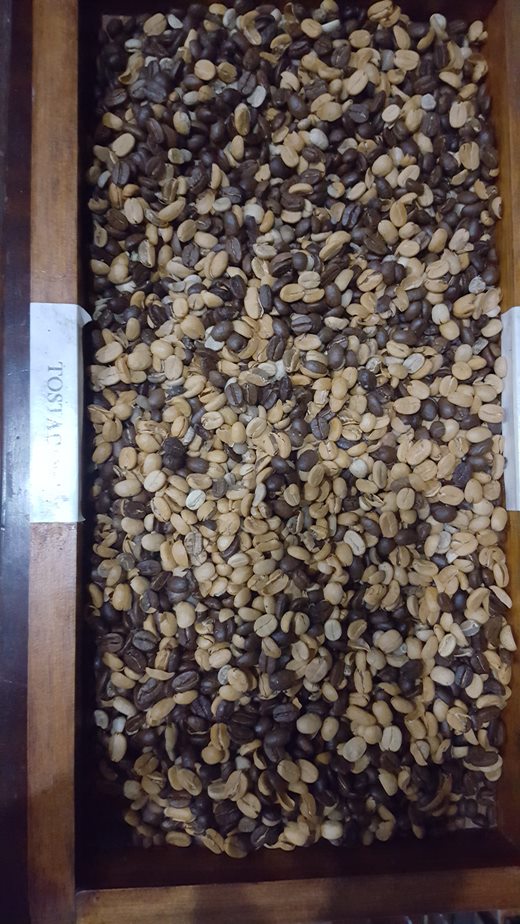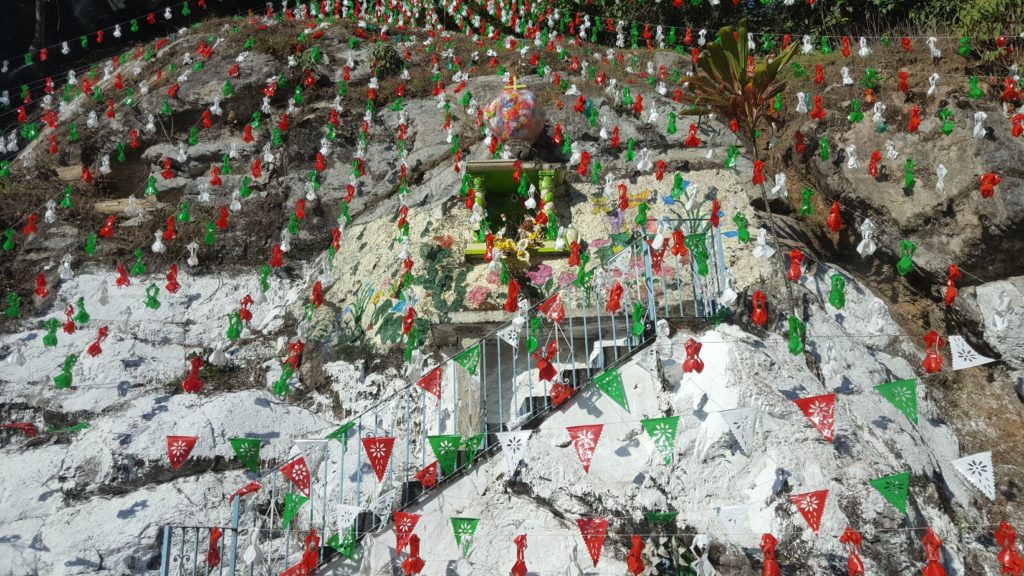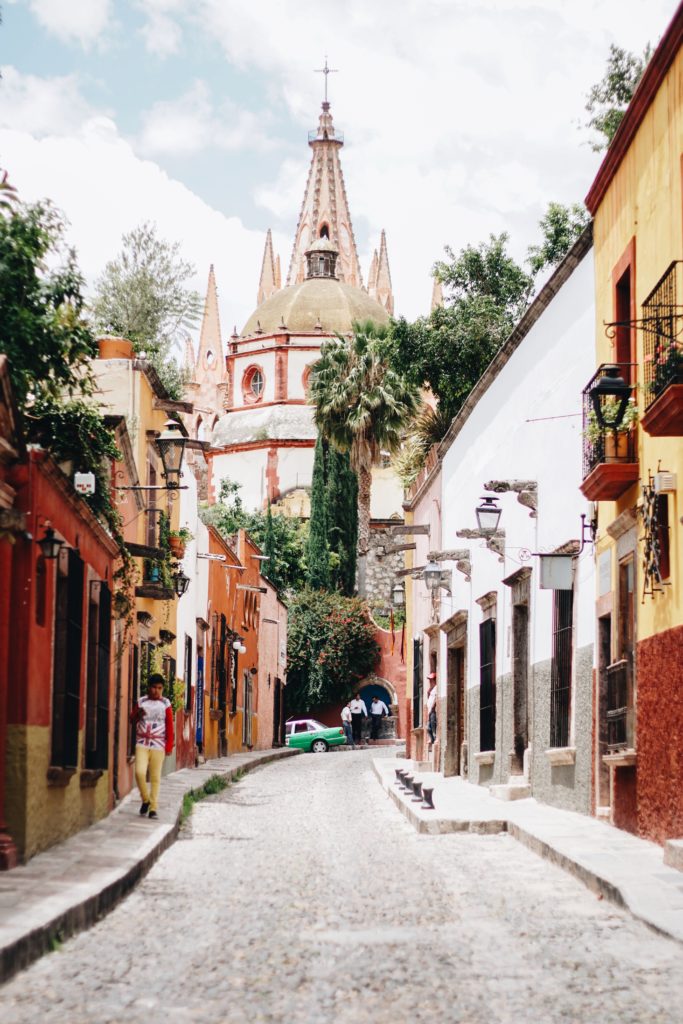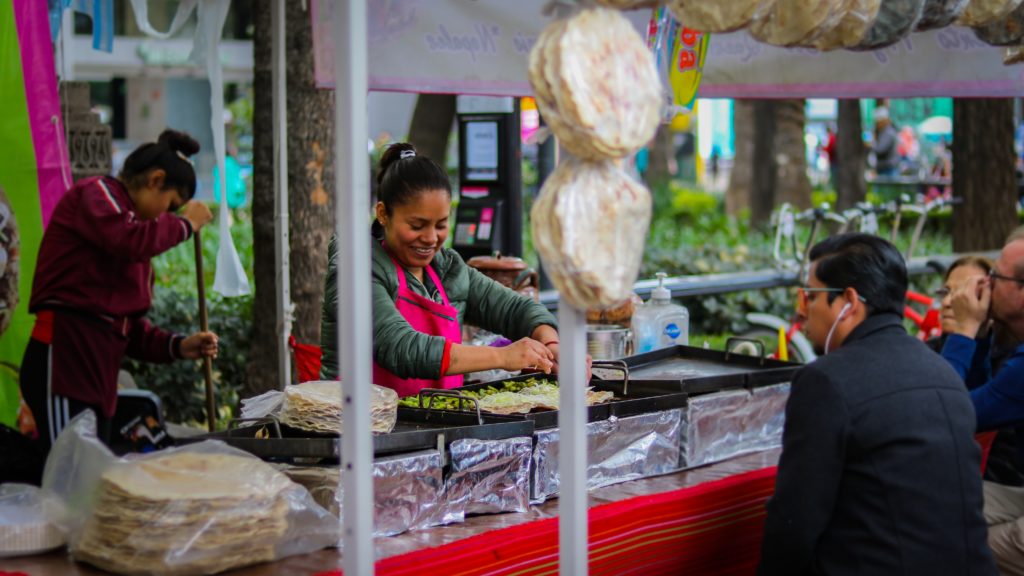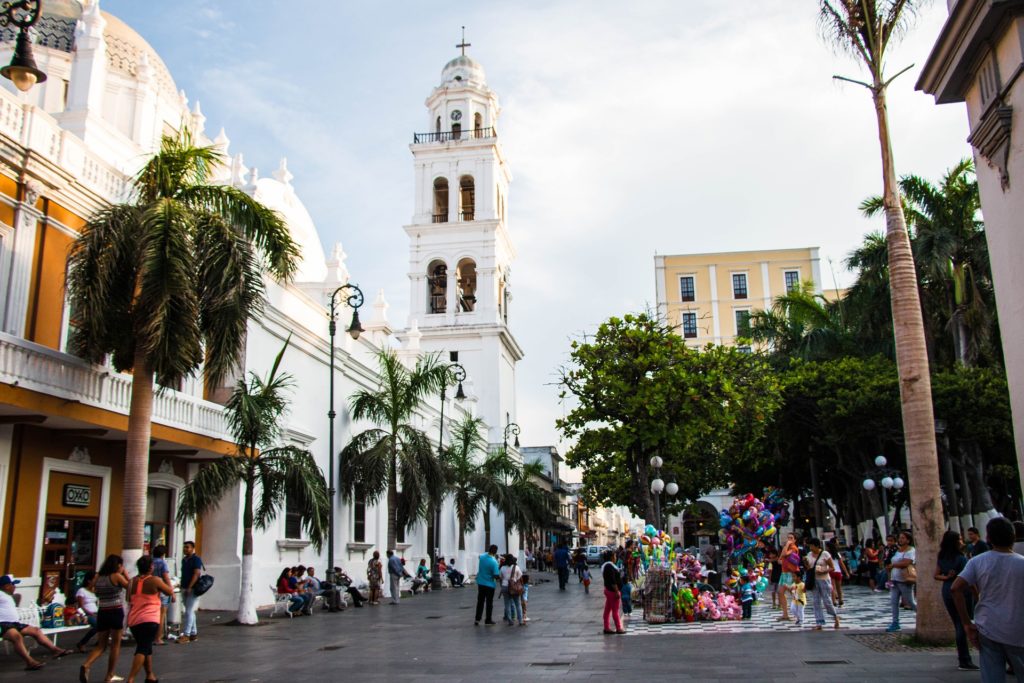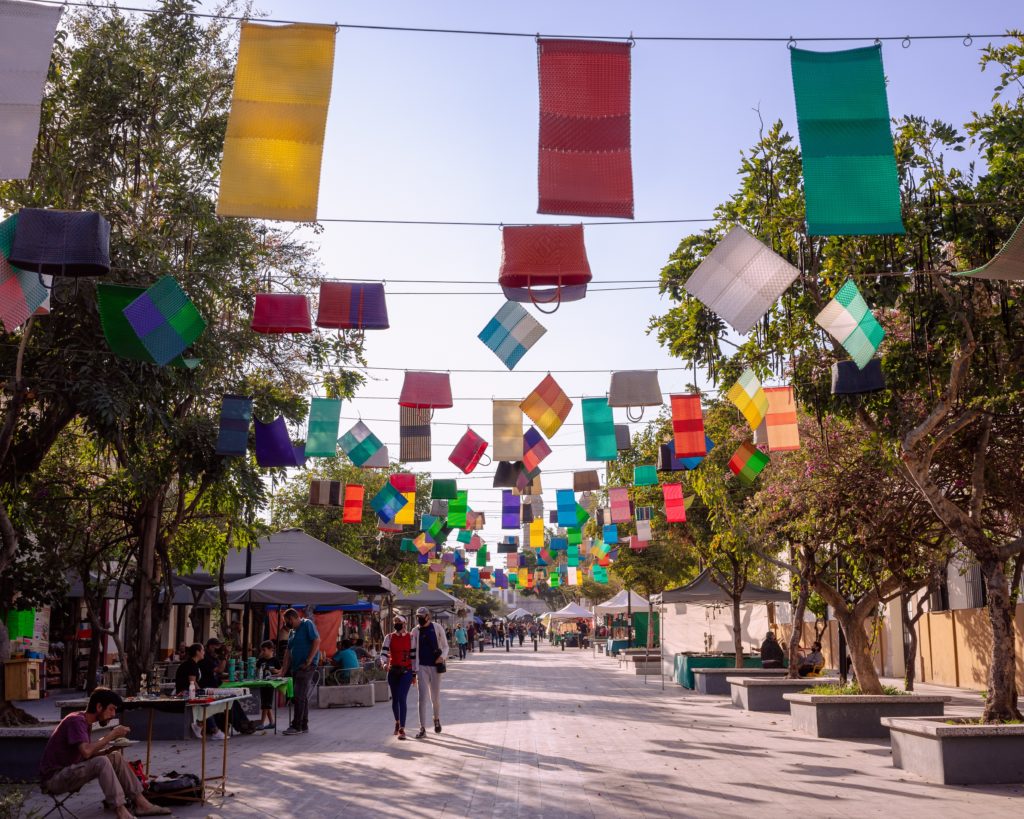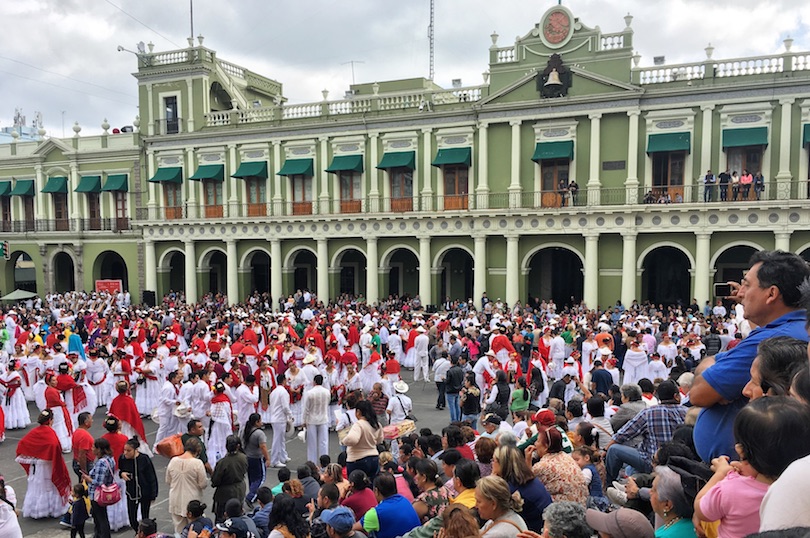UTIA has partnered with institutions in Mexico, Peru, and Costa Rica to conduct research and teaching activities related to small-scale coffee farmers affiliated with cooperatives. UTIA faculty and staff members involved include Carlos Trejo-Pech, Margarita Velandia, Chris Stripling, Adam Willcox, Sara Mulville, and David Ader. Foreign partners include Fernando Sáenz Segura, Roselia Servín Juárez, Benigno Rodríguez Padrón, María Franco Escobar.
PROJECT DATES
Since 2018
PROGRAM LEADER
Dr. Carlos Trejo-Pech
PARTNERS
ColPos Córdoba, Veracruz; La Central, Perú, and CINPE, Universidad Nacional, Costa Rica.
FUNDING
100,000 Strong Partners of America, US Department of State, Smith Center Seed Grant and Irwin International Travel Endowment
IMPACTS
- UT taught a one-credit hour pilot course at Colegio de Postgraduados Campus Córdoba, in Mexico, in the mini-winter term of 2022. (Testimonials of students below).
- Hosted ColPos students and faculty at UT in Spring 2023 to develop coffee-focused research projects. The ColPos team visited organic farms in East Tennessee, local farming operations and UT’s East Tennessee AgResearch and Education Center, Organic Crops Unit.
- Visiting scientists and professionals shared a seminar on June 8, 2023, “Coffee Cooperatives in Latin America,” hosted by the Department of Agricultural and Resource Economics and the Smith Center. Scientists and professionals working on coffee research and cooperatives presented findings and field experiences from Mexico, Costa Rica, Guatemala, and Peru. (A video featuring the presentations is below.)
2024 Increase and Diversify Education Abroad for U.S. Students (IDEAS) Program Announcement Award
Extending Teaching and Research Capacity of International Programs in an Agricultural Institute
The overall goal of this project is to extend the international teaching and pedagogy research capacity of agricultural-focused higher education institutions in Mexico and the U.S. Our multidisciplinary team will achieve this goal through the following objectives: (1) create programming for undergraduate students in underrepresented majors within the UTIA. Specifically, create and teach a new experiential learning faculty-led course focusing on economic development and environmental resources of small-scale coffee farmers in Mexico, and (2) strengthen collaborations with coffee expert researchers, coffee cooperative leaders, and other stakeholders in Mexico. Building these long-term partnerships will be essential to the sustainability of this course.
The two major activities of this project are: (1) to create a 3-hour credit coffee-related faculty-led course and lead UTIA undergraduates on this study abroad course to Mexico, and (2) to conduct collaborative pedagogy-related research―involving UTIA faculty and counterparts in Mexico―on economic and environmental issues faced by small-scale coffee farmers. As a result, students will gain knowledge on the intersection of economic and environmental issues through an immersive, experiential learning experience that will prepare them to pursue internationally-oriented professional opportunities after graduation. Faculty and staff will gain the capacity and expertise to scale this program or create new study abroad programming and expand their research collaborations by developing coffee-related teaching case studies for joint publication.
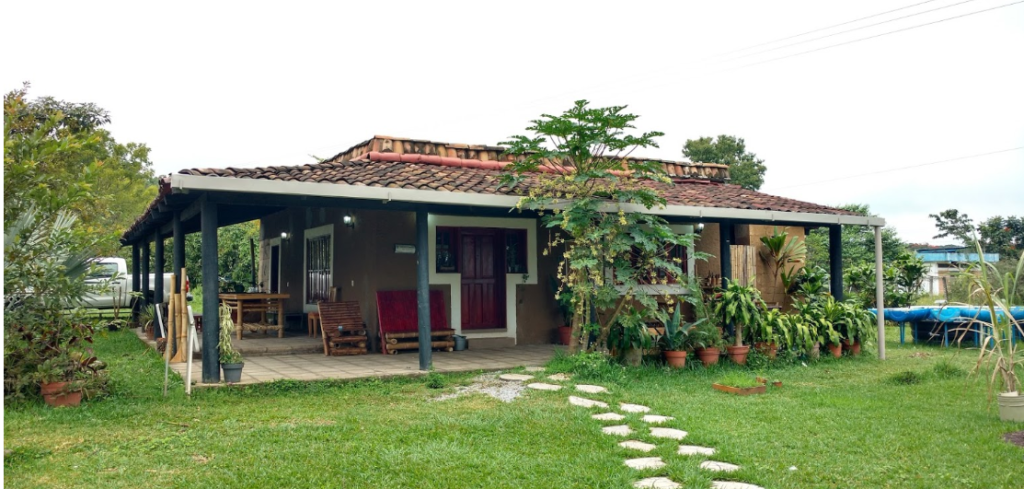
STUDENTS’ TRIP EXPERIENCES
